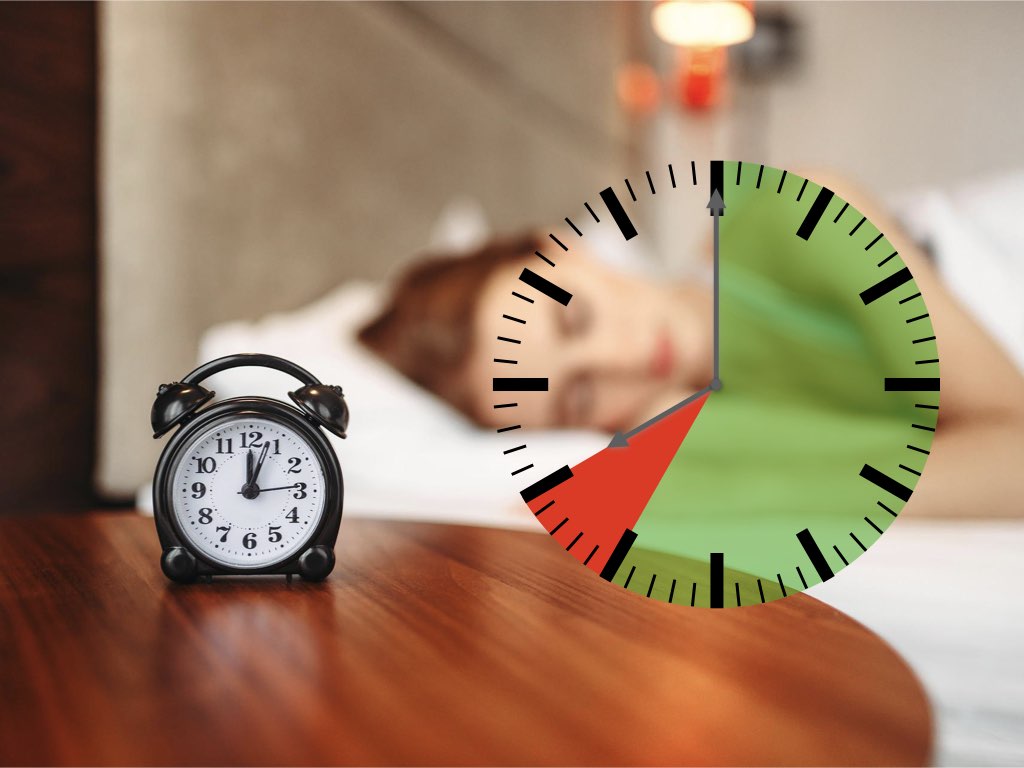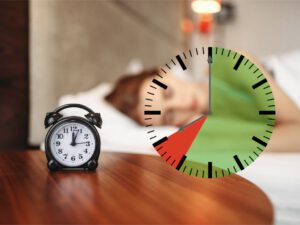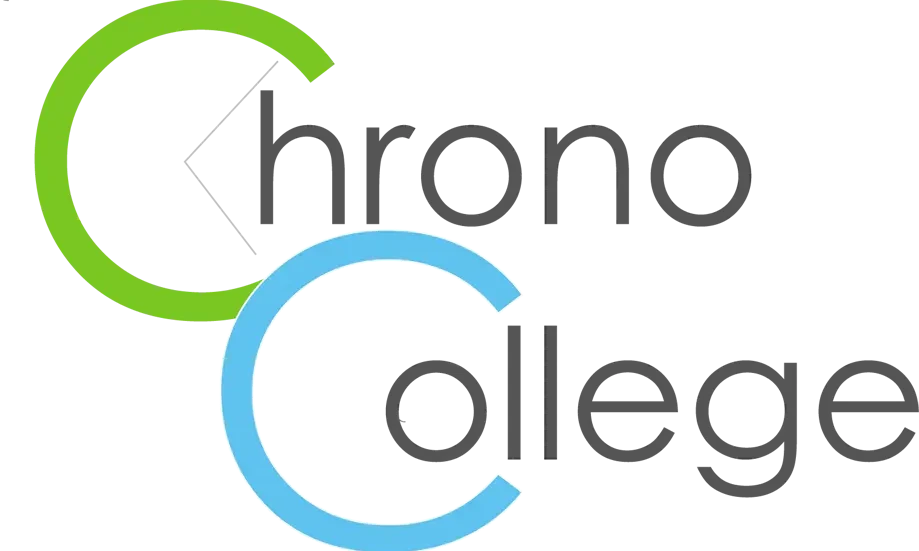Optimal sleep duration is a favorite topic of science. Scientists from the Institute of Science and Technology for Brain-Inspired Intelligence, Fudan University, Shanghai, China, have recently tried to find out in a study. Data from almost 500,000 adults between the ages of 38 and 73 collected in the British database “UK Biobank” were examined. The result was a number that made sleep experts sit up and take notice. 7 hours of sleep was found to be the optimal amount of sleep to be able to live a healthy and physically/mentally fit life
Now, this recommendation may certainly be an improvement for people who have less sleep needs, but not for the majority of people who have higher sleep needs. Because this “more” is also presented as less recommendable by implication.

In 2015, the National Sleep Foundation also issued a recommendation for an optimal sleep duration, which, however, allows for a much wider range. More here.
Recommendation 7h sleep – optimum or dangerous?
The body has an individual need for sleep, which is genetically determined on the one hand, but also depends on the state of health and the individual living conditions of the individual person on the other. The problem with this study is that in the conclusion everyone is lumped together. Because the study does not determine how high the average sleep requirement is, but rather considers the sleep situation of the test subjects as well as their state of health and mental fitness, in order to actually make a general recommendation at the end. As a result, interrupting sleep through the alarm clock has some kind of legitimacy once 7 hours of sleep have elapsed. Does this make sense?
Chronobiology expert Michael Wieden has been working intensively on chronobiology since 2002, and thus also on sleep. For years he has been propagating a single recommendation: sleep in.
He published his very critical view of this study in his blog.

Michael Wieden beschäftigt sich als Betriebswirt seit 2002 mit der Chronobiologie im Personalmanagement. Schon 2003 hielt er hierzu seinen ersten Vortrag auf einer Veranstaltung der INQA (Initiative der neuen Arbeit).
Zu den Themen „Chronobiologie im Personalmanagenement“ sowie mobilen Arbeitsformen hat er bereits Bücher geschrieben, und dabei den Begriff „Liquid Work®“ geprägt.
Zusammen mit Claudia Garrido Luque gründete er 2014 die aliamos GmbH und berät seit dem Kommunen, Unternehmen und Kliniken zum Betrieblichen Gesundheitsmanagement. Von 2012 bis Ende 2016 war er externer Wirtschaftsförderer für die Stadt Bad Kissingen und Initiator des weltweit einzigartigen Projektes „ChronoCity – Pilotstadt Chronobiologie“. Zu ChronoCity®, Chronobiologie-Themen und mobilen Arbeitsformen trat er wiederholt als Experte in verschiedenen Fernsehformaten (z.B. TerraX, Planet Wissen, W wie Wissen, Xenius etc.) auf. Zudem war er von 2014 bis 2017 Mitglied des Arbeitskreises „Zeitgerechte Stadt“ der ARL – Akademie für Raumforschung und Landesplanung in Hannover.
Aktuell hält er Vorträge zum Thema “Chronobiologie im Personalmanagement” und “Mobile Arbeitsformen”, und berät Unternehmen bei der Umsetzung chronobiologischer Ansätze in Unternehmen und Kliniken.
